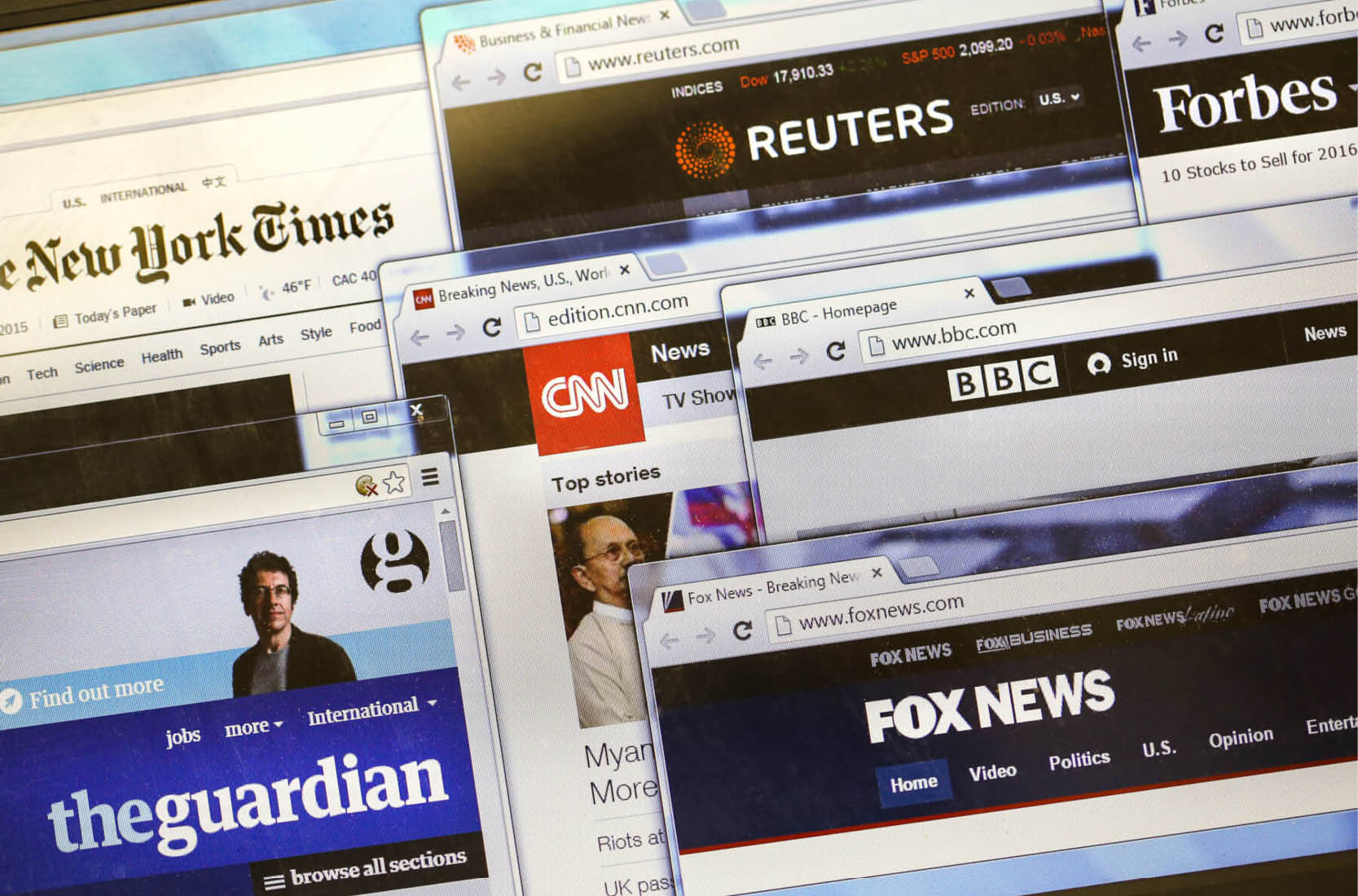Net neutrality is the reason you can understand #netneutrality
 If you spent any time on social media last week, you probably came across #netneutrality. If you don’t know much about the topic, learning more is easy. Maybe you started by reading an article by the pro-net neutrality tech publication Ars Technica. Maybe you watched this Reason interview with FCC chairman Ajit Pai, who wants to roll back existing regulations. Or perhaps you started with the basics by reading this even-handed explainer from Vox. As a user on a neutral internet, you have access to a wonderland of opinions about this issue from across the political spectrum. But on a non-neutral net, your ISP could decide what information you’re able to get, or how fast you can get it. Let us explain.
If you spent any time on social media last week, you probably came across #netneutrality. If you don’t know much about the topic, learning more is easy. Maybe you started by reading an article by the pro-net neutrality tech publication Ars Technica. Maybe you watched this Reason interview with FCC chairman Ajit Pai, who wants to roll back existing regulations. Or perhaps you started with the basics by reading this even-handed explainer from Vox. As a user on a neutral internet, you have access to a wonderland of opinions about this issue from across the political spectrum. But on a non-neutral net, your ISP could decide what information you’re able to get, or how fast you can get it. Let us explain.
The idea behind net neutrality is that all data should be treated the same. The New Republic has a good summary:
“Coined by Tim Wu is 2002, net neutrality refers to the idea that all traffic on the internet should be treated equally. That means that any company who provides internet service to the public should deliver, say, a Netflix stream, an online game, a video conference call, or a Spotify playlist in the same way. By extension, it thus also means that certain types of content—such as video services provided by a company that is also your internet service provider, or data accessed through a website your provider has a business relationship with—cannot be privileged over others. Additionally, particular apps or sites—such as those that might compete with your telecom company—are not blocked, slowed down, or otherwise hamstrung. The point is to ensure that one’s experience of the internet is unfettered by outside interests.”
In other words, your ISP can’t prioritize traffic to one site over another. That means, that, say, Breitbart can’t pay Comcast or Verizon — or whoever provides you with access to the internet — for better speed. It means during the 2016 presidential election, your ISP couldn’t have offered better access to hillaryclinton.com than donaldjtrump.com. ISPs are essentially a public utility, and they currently have to give Americans equal access to information from every publication, political candidate, and advocacy group online.
But without net neutrality, ISPs can decide which publications are best, instead of voters. Here’s a thought experiment: say Verizon, one of only a few ISPs serving Americans, decides to invest heavily in the Huffington Post, a media property it owns through AOL. Under existing net neutrality rules, that would probably mean hiring more great journalists and expanding and improving coverage. Great! HuffPo would be working even harder to compete with all the other journalism on the internet. But without net neutrality rules, Verizon could theoretically decide to prioritize traffic to HuffPo and throttle traffic to say, the New York Times, the Washington Post, The Weekly Standard, or Mother Jones. The utility that allows people to get on the internet could decide where they can go.
Net neutrality rules are also crucial to preserving competition among businesses online. Today, any startup with a great product can compete online, and consumers can decide what they want. Without net neutrality, ISPs can sell the internet to the highest bidder and price out new entrants to the marketplace. Say ISPs started charging video platforms more for the traffic they generate. Existing, huge companies like YouTube and Netflix — which account for over half of internet traffic — could probably pay to stay afloat. But what about startup competitors? Could they afford those fees? Would the fees even be the same for them as for the establishment players? Killing net neutrality introduces a whole host of ways to distort marketplaces.
The internet has been a transformative innovation in every part of our lives precisely because it’s a level playing field where publishers, video streaming services, and thousands of others compete to offer quality products to every kind of consumer. Without it, you might not get the diversity of opinions you need to be an informed, engaged citizen. If your ISP could filter out articles in favor of neutrality, you might not even be able to fact check this blog post.
Published: July 24, 2017
